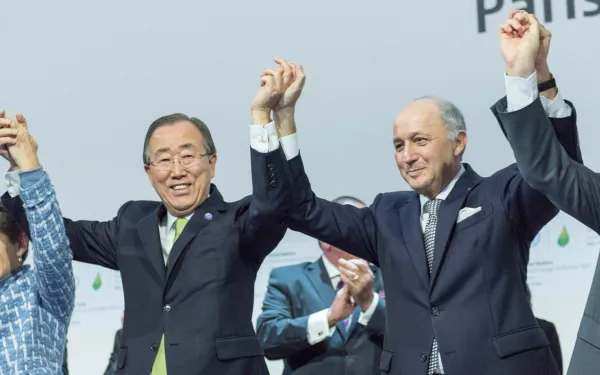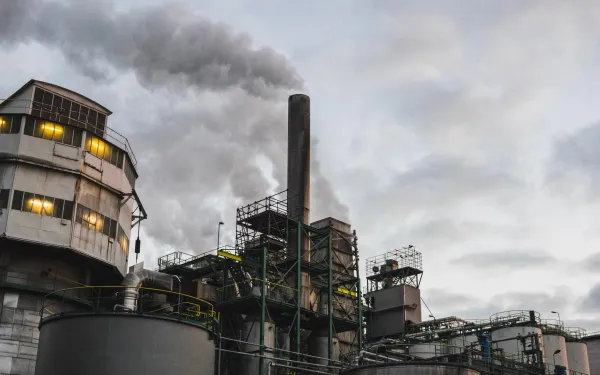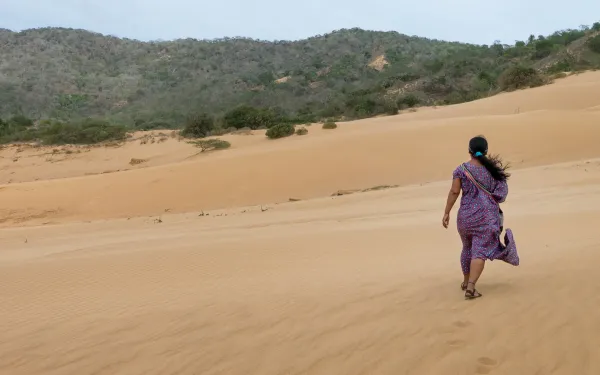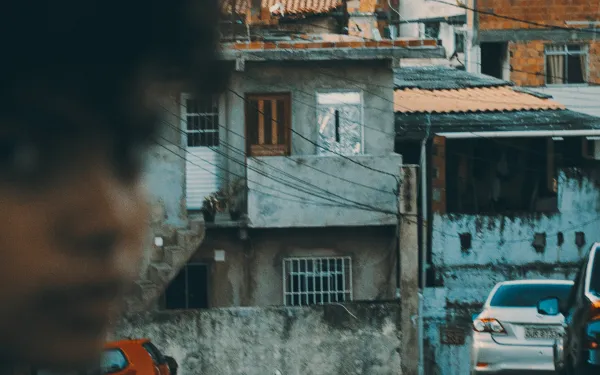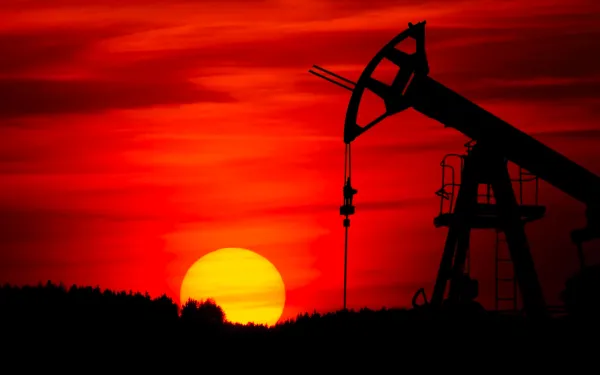
Mexico’s climate commitments lack ambition
Nationally Determined Contributions (NDC) are the mechanism through which the countries that signed the Paris Agreement contribute to the fulfillment of the global pact's objective: to keep the increase in the planet's average temperature below 2°C. Each country's NDC outlines its national mitigation and adaptation commitments in the face of the climate crisis, including emission reduction efforts. The Paris Agreement stipulates that these commitments must be communicated to the United Nations Framework Convention on Climate Change (UNFCCC) every five years and that each successive NDC must represent a progression from the previous one, reflecting the highest possible ambition (Article 3). In addition, NDCs must contain sufficient information on clear, transparent and understandable targets (Article 8, paragraph 8). And, in the case of Mexico, the General Law on Climate Change (LGCC) considers the NDC as one of the planning instruments of the National Climate Change Policy (Article 58) and establishes that it must observe, among others, the principle of progressivity, which implies that the established goals must be progressive and gradual over time (Article 26, section XIII). In its most recent update, Mexico's NDC does not comply with the level of ambition required by the Paris Agreement and the LGCC. Ambition in the spotlight The Mexican State presented its first NDC in 2015. In it, the government made an unconditional commitment—through its own resources—to a 22 percent reduction in greenhouse gas emissions, and a 51 percent reduction in black carbon emissions, by 2030. Last December, Mexico presented its updated NDC, which should be more ambitious than the previous one. However, the new instrument merely reiterates the mitigation commitments made in 2015. Moreover, the Business As Usual (BAU) scenario—a tentative scenario in which there are no mitigation policies and which serves as a baseline for climate actions—was adjusted upwards with a higher total level of emissions by 2030 than indicated in the first NDC. This, according to the Climate Action Tracker (CAT), an independent scientific analysis that tracks governments’ climate action and compares it to what was agreed globally in the Paris Agreement. The CAT analysis states, "Because the NDC is based on a percentage reduction below BAU projections, a higher level of emissions in 2030 effectively reduces the country's mitigation ambition, even if the reduction targets remain unchanged." Due to its lack of ambition, Mexico's updated NDC was rated as "highly insufficient" in the CAT ranking. This means that the commitments adopted by the country "are not at all consistent with keeping [global] warming below 2°C [...]," being instead "consistent with warming levels of between 3°C and 4°C.” International agencies such as the United Nations Environment Programme (UNEP) and the European Commission have emphasized the need for Mexico to increase its mitigation ambition, especially in the energy sector, which contributes most to the climate crisis and where the greatest emissions reduction opportunities exist in the short and long term. But Mexico's recent NDC does not set out specific actions in key economic sectors to achieve the endorsed targets, although it does state that these will be developed in an NDC implementation roadmap to be presented in the next Biennial Update Report. In this sense, the instrument lacks sufficient information to have clear, transparent and understandable targets. Regarding the adaptation component, Mexico's updated NDC includes nature-based climate solutions. However, the inclusion of such actions is not sufficient to have the level of ambition required to address the climate crisis and meet the objective of the Paris Agreement. A violation of the principle of progressivity In light of the facts, the updating of Mexico's climate commitments fails to meet the level of ambition required by the Paris Agreement and with this the Mexican State also disregards the principle of progressivity established in the LGCC since the targets set do not represent a progression and gradualness with respect to the first NDC. Other countries in the region—including Argentina, Colombia, Costa Rica and Chile—have updated their NDCs, demonstrating increased climate ambition. Although they include measures that could be improved, their actions demonstrate a willingness to make further progress in terms of their contribution to global climate action. In this context, the Mexican State is leaving behind the progress and leadership it had years ago on climate issues. Its lack of ambition demonstrates indifference to the climate crisis and its impacts on the human rights of the most vulnerable populations. Mexico must assume its responsibility, one that comes from being on the list of the 20 largest emitters in the world. It must adopt mitigation and adaptation commitments compatible with the global goal of preventing global warming from reaching a point of catastrophic consequences.
Read more

